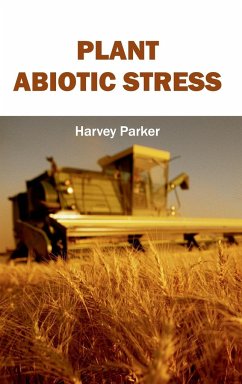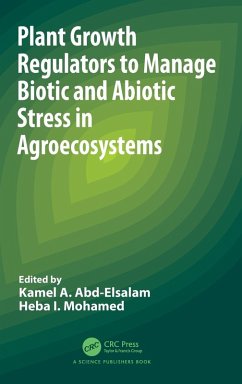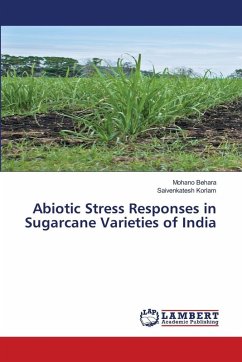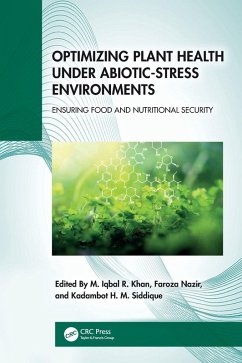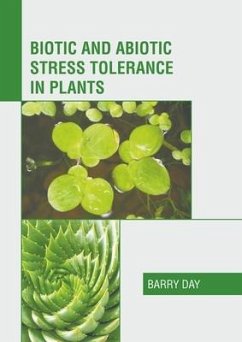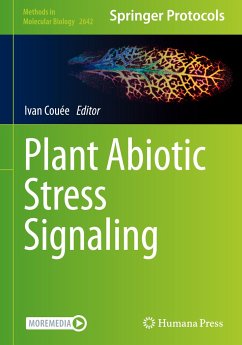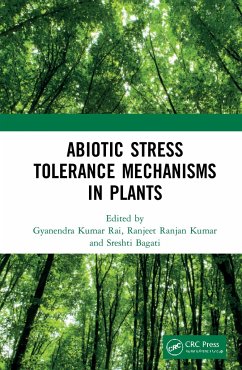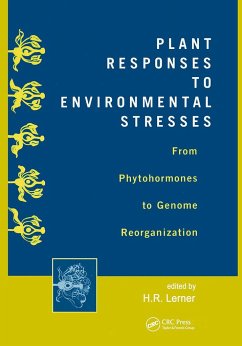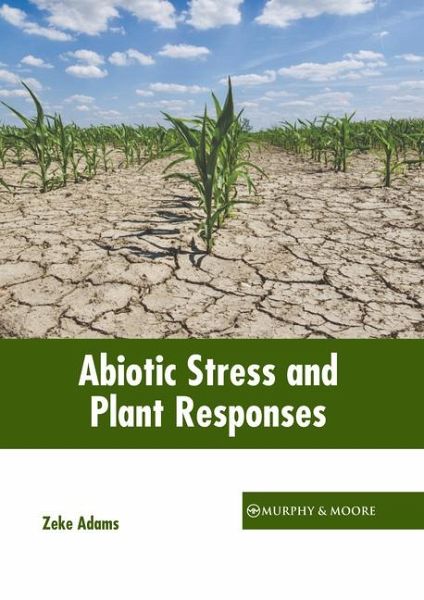
Abiotic Stress and Plant Responses
Versandkostenfrei!
Versandfertig in 1-2 Wochen
140,99 €
inkl. MwSt.

PAYBACK Punkte
70 °P sammeln!
Crops are exposed to frequent episodes of abiotic stresses such as soil salinity, draughts, extreme temperatures and nutrient deficiencies. All these stresses inhibit plant growth and development. A number of researches are being undertaken to find mitigation strategies for abiotic stresses and increase yield productivity under unfavorable conditions. Genetic engineering is a major tool that is being used to develop crop plants, which are resistant to these stresses. Plants respond to different types of stresses through complex and diverse responses on cellular, molecular and physiological lev...
Crops are exposed to frequent episodes of abiotic stresses such as soil salinity, draughts, extreme temperatures and nutrient deficiencies. All these stresses inhibit plant growth and development. A number of researches are being undertaken to find mitigation strategies for abiotic stresses and increase yield productivity under unfavorable conditions. Genetic engineering is a major tool that is being used to develop crop plants, which are resistant to these stresses. Plants respond to different types of stresses through complex and diverse responses on cellular, molecular and physiological levels. Some of the methods which have been developed to increase crop resistance to abiotic stresses include genetically engineered organisms (GMO's) and new breeding technologies such as clustered regularly interspaced short palindromic repeats (CRISPR/Cas) edition strategy. The application of biostimulants is also an effective method to improve abiotic stress tolerance in plant species. This book provides a comprehensive understanding of plant responses to abiotic stresses. A number of latest researches have been included to keep the readers updated with the latest concepts in this area of study. Students, researchers, experts and all associated with agriculture and plant science will benefit alike from this book.




